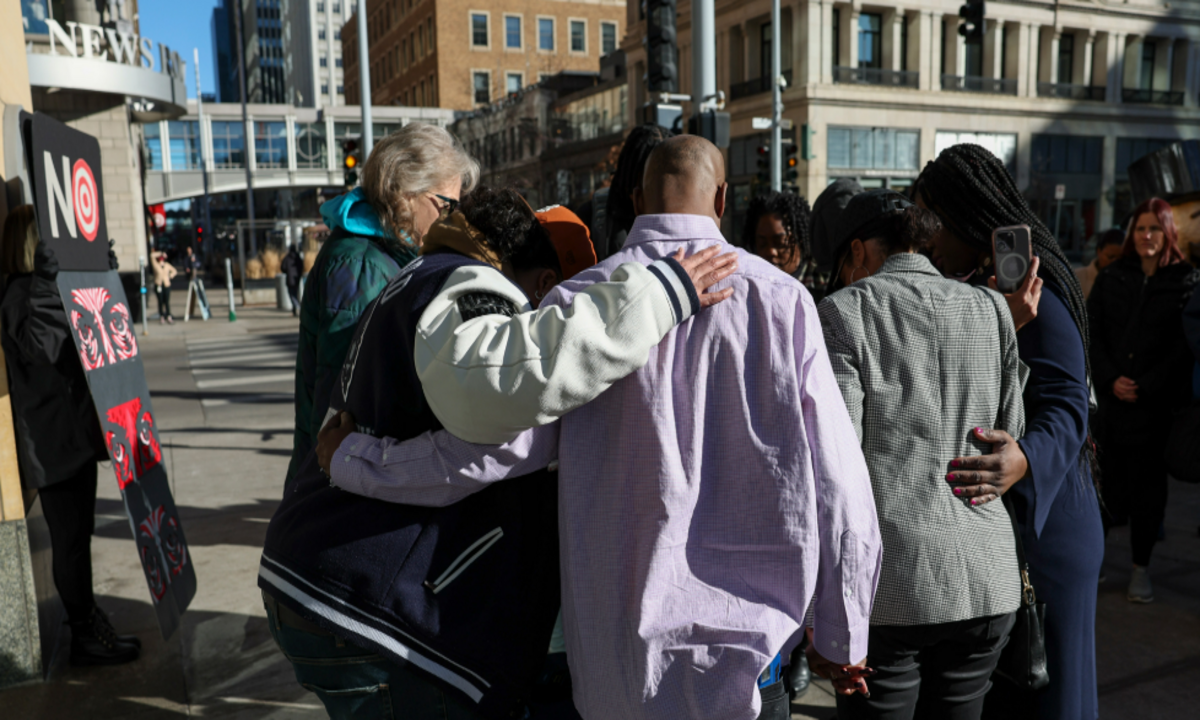Trump Administration’s Crackdown on DEI Programs Sparks Debate Across the U.S.
The Trump administration has launched an aggressive crackdown on Diversity, Equity, and Inclusion (DEI) programs, a move that has triggered widespread reactions from businesses, legal experts, and advocacy groups. The recent executive orders aim to eliminate federal DEI programs and impose restrictions on companies that implement diversity-focused hiring policies. While some businesses are adjusting to the new directives, others are pushing back, emphasizing the importance of diversity in the workplace.
What the Executive Orders Say
On January 20, 2025, President Donald Trump signed an executive order titled “Ending Radical and Wasteful Government DEI Programs and Preferencing.” This order mandates that all federal agencies:
Terminate all DEI-related programs, policies, and training sessions.
Report a list of employees involved in DEI or “environmental justice” programs to the Office of Management and Budget (OMB) within 60 days.
Ensure that government contracts do not include DEI-related hiring requirements.
Additionally, another executive order prevents private businesses from using DEI initiatives for hiring when working with federal contracts. This significantly impacts companies that had implemented diversity-focused hiring practices to create inclusive workplaces.
Impact on Federal Employees and Institutions
The new orders have forced several federal agencies to take immediate action. Employees working in DEI-related roles have been placed on administrative leave or reassigned, while agencies like the Office of Personnel Management (OPM) have begun compiling reports on affected staff.
The Internal Revenue Service (IRS) has already removed diversity, equity, and inclusion guidelines from its policies, signaling a shift in government workplace practices. Several other agencies are expected to follow suit.
How Businesses Are Responding
Trump’s crackdown on DEI initiatives has divided corporate America. Some companies have scaled back or completely removed their diversity hiring goals to avoid legal complications. Major corporations like Google, Target, and McDonald’s have already adjusted their hiring policies to ensure compliance with the new federal directives.
On the other hand, businesses such as Costco, JPMorgan Chase, and Pinterest have publicly reaffirmed their commitment to DEI programs. JPMorgan CEO Jamie Dimon recently stated that diversity benefits businesses by bringing in a variety of perspectives and improving overall performance.
Legal experts suggest that businesses that continue their DEI programs could face legal risks, especially if they have government contracts. However, they also warn that dismantling these programs may create internal workplace challenges and public backlash.
Legal and Social Controversy
Legal experts argue that Trump’s executive orders contain vague and broad language, making it unclear how enforcement will work. The American Civil Liberties Union (ACLU) and other legal advocacy groups have expressed concerns, arguing that these policies may weaken existing anti-discrimination protections.
Rutgers Law School professor David Lopez described the DEI crackdown as an attempt to turn diversity into a negative term, stating:
“DEI has basically become a dog whistle used to target African Americans, women, and Latinos. The real issue is that many critics misunderstand what DEI stands for.”
DEI supporters argue that these programs do not provide special treatment but rather ensure that hiring and workplace policies are fair and inclusive. Critics, however, claim that DEI programs unfairly disadvantage white and male employees.
Future of DEI Programs in the U.S.
With Trump’s policies already taking effect, businesses and institutions are now evaluating their DEI strategies. Some may choose to quietly reduce diversity initiatives to avoid legal risks, while others may continue their efforts and challenge the executive orders in court.
As the legal landscape evolves, many experts believe that the final decision on DEI’s future will be made by the U.S. courts. Rutgers Law professor Stacy Hawkins explains:
“The Trump administration doesn’t get to decide what’s legal and what’s not. That’s the role of the courts. It’s likely that many companies will continue their DEI efforts while awaiting legal clarity.”
For now, businesses, educational institutions, and federal agencies must carefully balance compliance with the new orders while maintaining their commitment to inclusivity. With lawsuits and challenges expected, the coming months will determine how deeply these policies reshape workplace diversity efforts in America.
Disclaimer—Our team has checked this article to ensure its accuracy and eliminate any misinformation. We are committed to providing clear and reliable information for our readers.


